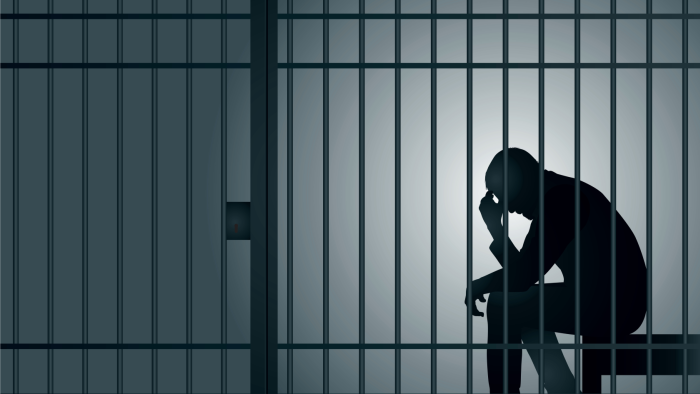
In 2020, pre-trial detention rates rose across EU Member States, despite the serious health risks created by detaining people during the COVID-19 pandemic. In a number of Member States, including Poland and France, the number of people being held in prison while waiting for a trial has increased steadily over the past five years.
This increase in pre-trial detention is a sign that the rule of law continues to decline across the European Union.
The rule of law requires criminal justice systems to be fair and open. From an individual’s perspective, this means that people who are accused of a crime are treated fairly. From a State’s perspective, that criminal justice systems must ensure that law enforcement authorities operate within their legal remit and do not exceed their legal powers. Even though law enforcement authorities need to have legal powers to investigate and prosecute crimes, the legality and proportionality of their actions, which directly affect people’s fundamental rights, must besubject to independent and impartial review.
Depriving someone of their liberty while they wait for the judgment on their guilt or innocence in a criminal case is among the harshest decisions a criminal justice system can take, and therefore, it is where the rule of law starts.
Pre-trial detention should only be used as a measure of last resort when, after a thorough individual assessment, it is deemed necessary, proportionateand in compliance with the presumption of innocence and the right to liberty. If people are being unnecessarily placed in pre-trial detention, this indicates a failure of the mechanisms inplace to uphold the rule of law and protect individuals from the excessive use of state power.
High pre-trial detention rates are a sign that these strict limitations are not being respected and that the rule of law is being undermined

